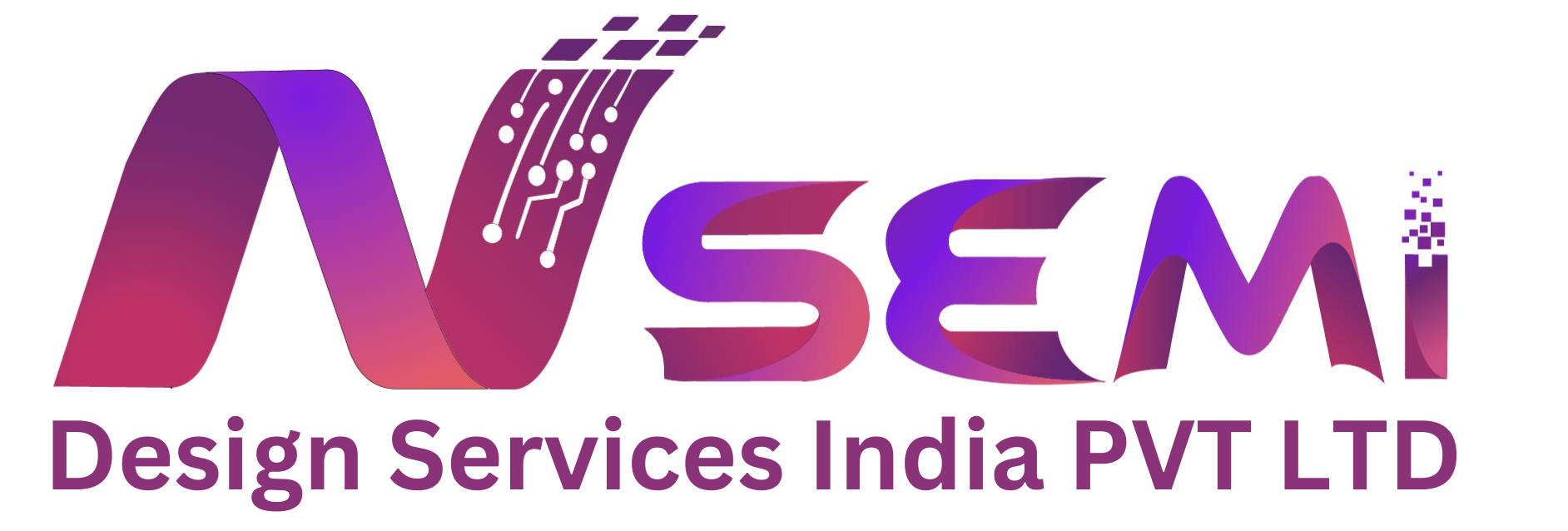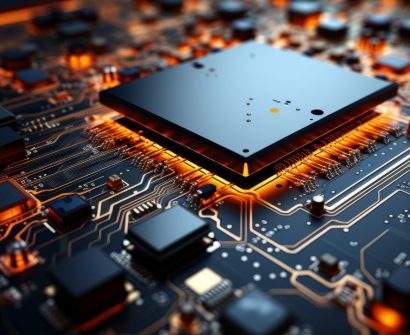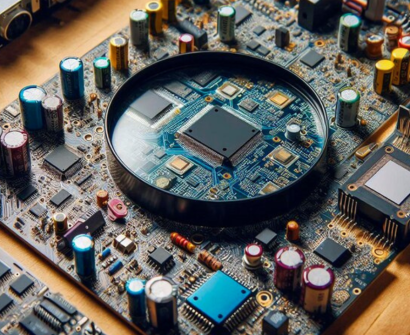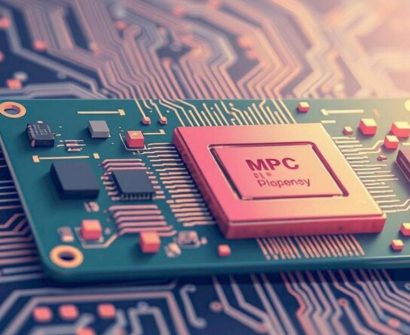
In the fast-evolving world of semiconductors, the term “nanometer” (nm) frequently appears when discussing chip technology. But what does it mean, and why is it critical in the design and functionality of modern chips? This article explores the concept of nanometer technology in chips, its significance, and how it shapes the future of electronics.
What Does Nanometer Mean in Chip Technology?
A nanometer is a unit of measurement equal to one billionth of a meter. In the context of semiconductor manufacturing, it refers to the size of the transistors and other components on a chip. Smaller nanometer measurements signify more compact transistor designs, allowing manufacturers to fit more transistors onto a single chip. For example, a 7nm chip contains smaller and more densely packed transistors than a 14nm chip.
The Importance of Nanometer Technology
Advancements in nanometer technology bring several advantages:
- Increased Performance: Smaller transistors switch faster, improving the chip’s overall processing speed. This performance boost is critical for applications like artificial intelligence (AI), high-performance computing, and gaming.
- Lower Power Consumption: Chips with smaller transistors require less power to operate. This efficiency is essential for mobile devices, where battery life is a primary concern.
- Compact Design: Reducing transistor size enables more components to fit onto a single chip. This capability results in smaller devices with enhanced functionality.
- Cost Efficiency: Although initial development costs are high, smaller chips reduce material usage and long-term production expenses.
Challenges in Nanometer Technology
Despite its benefits, shrinking transistor sizes present challenges:
- Increased Complexity: Designing and manufacturing chips at nanometer scales demands advanced techniques and tools, driving up initial costs.
- Heat Management: Smaller transistors generate more heat in a compact area, requiring innovative cooling solutions.
- Quantum Effects: At extremely small scales, quantum mechanical effects, such as tunneling, can interfere with chip performance and reliability.
Applications of Nanometer Chips
Nanometer technology drives innovation across industries. Here are a few key applications:
- Smartphones and Tablets: Modern devices rely on nanometer chips for faster processors and longer battery life.
- Artificial Intelligence: AI models require immense computational power, which nanometer chips provide efficiently.
- Internet of Things (IoT): Smaller chips enable compact IoT devices with advanced capabilities.
- Autonomous Vehicles: Self-driving cars depend on high-performance chips for real-time decision-making.
Future of Nanometer Technology
As manufacturers continue to push the boundaries, the industry is moving toward sub-nanometer technologies. Research is exploring new materials and processes, such as 2D materials and quantum computing, to overcome current limitations. The transition from traditional silicon to advanced materials promises a future of unprecedented computing power.
Conclusion
Nanometer technology is the cornerstone of modern chip design, revolutionizing the electronics industry. Its ability to enhance performance, reduce power consumption, and enable innovative applications ensures its relevance for years to come. As we approach even smaller scales, nanometer chips will remain pivotal in shaping the future of technology.







